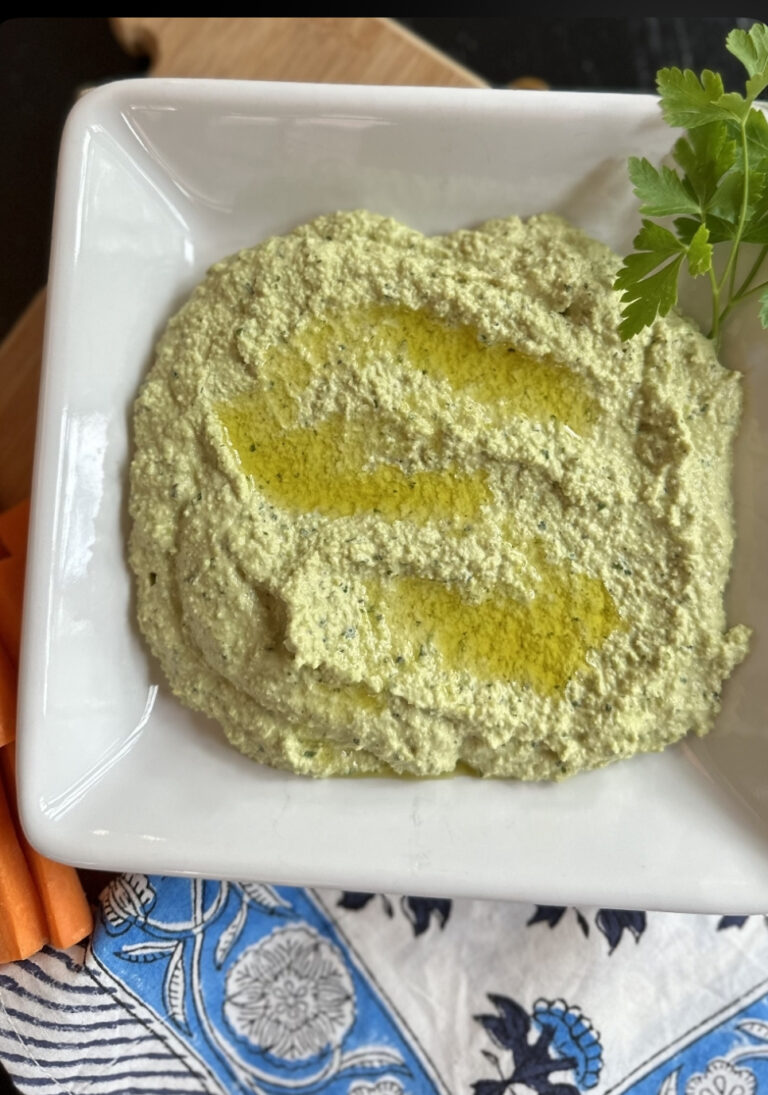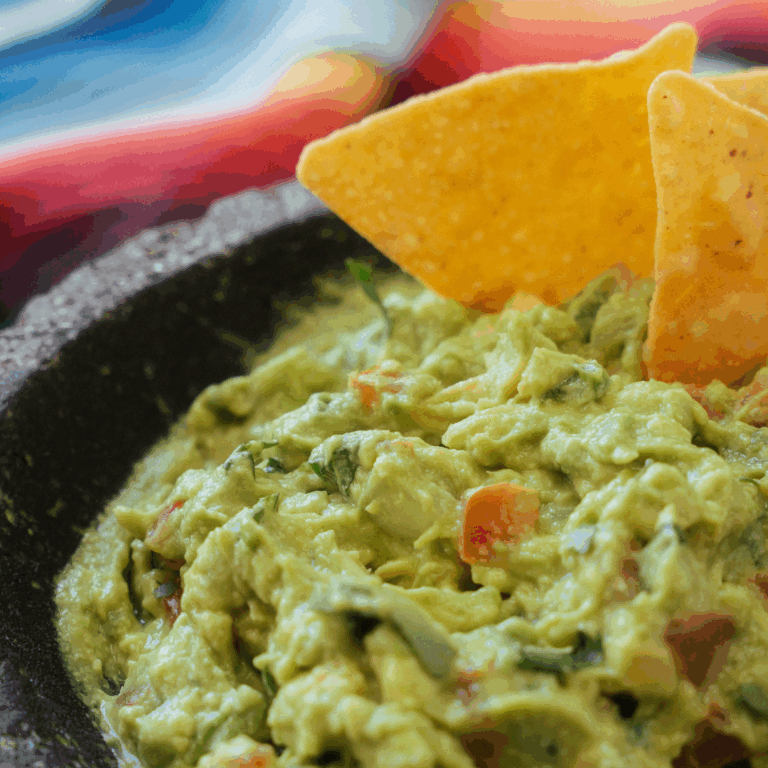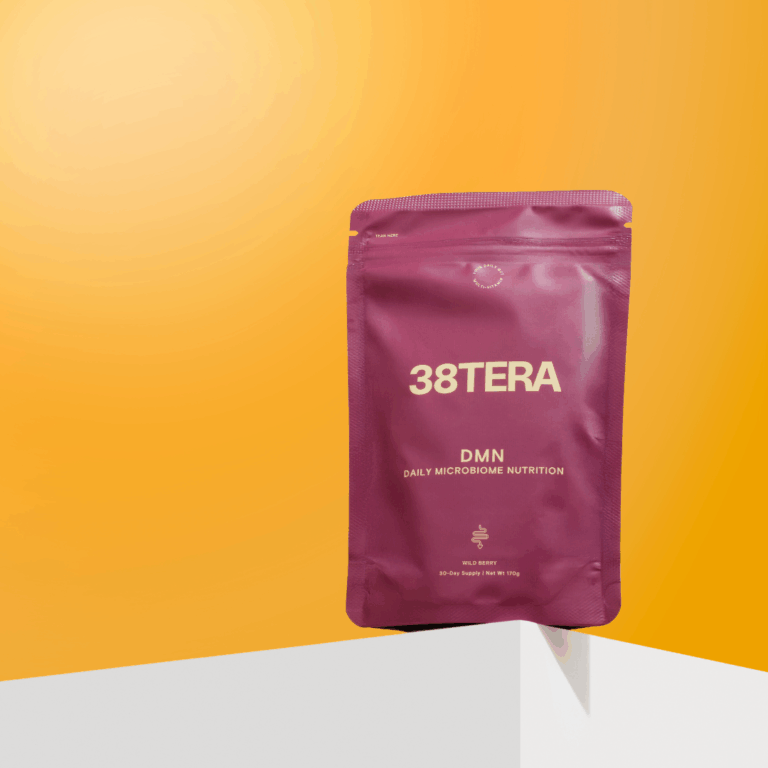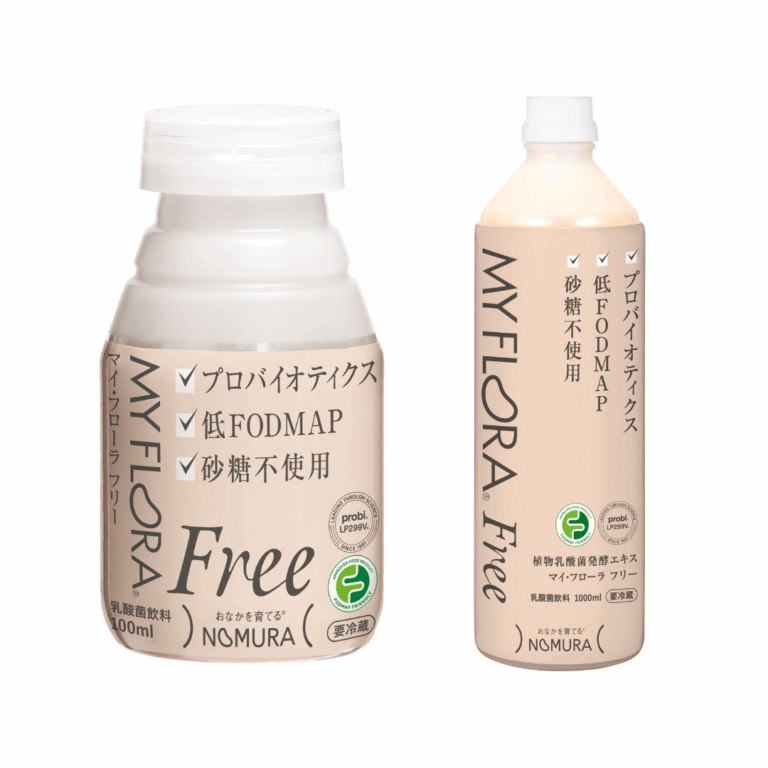Causes, Symptoms & Low FODMAP Diet
Knowledge Is the First Step to Feeling Better
Irritable Bowel Syndrome (IBS) affects millions of people globally. The constant worry around food choices and the unpredictability of symptoms can significantly impact quality of life 1 At FODMAP Friendly, we believe everyone deserves to eat with confidence. We’re here to support you on your journey toward relief, offering scientifically tested and certified foods, along with clear, reliable information.
Understanding what’s happening in your gut is the first and most important step. Our goal is to empower you with the knowledge you need to take back control of your digestive health.

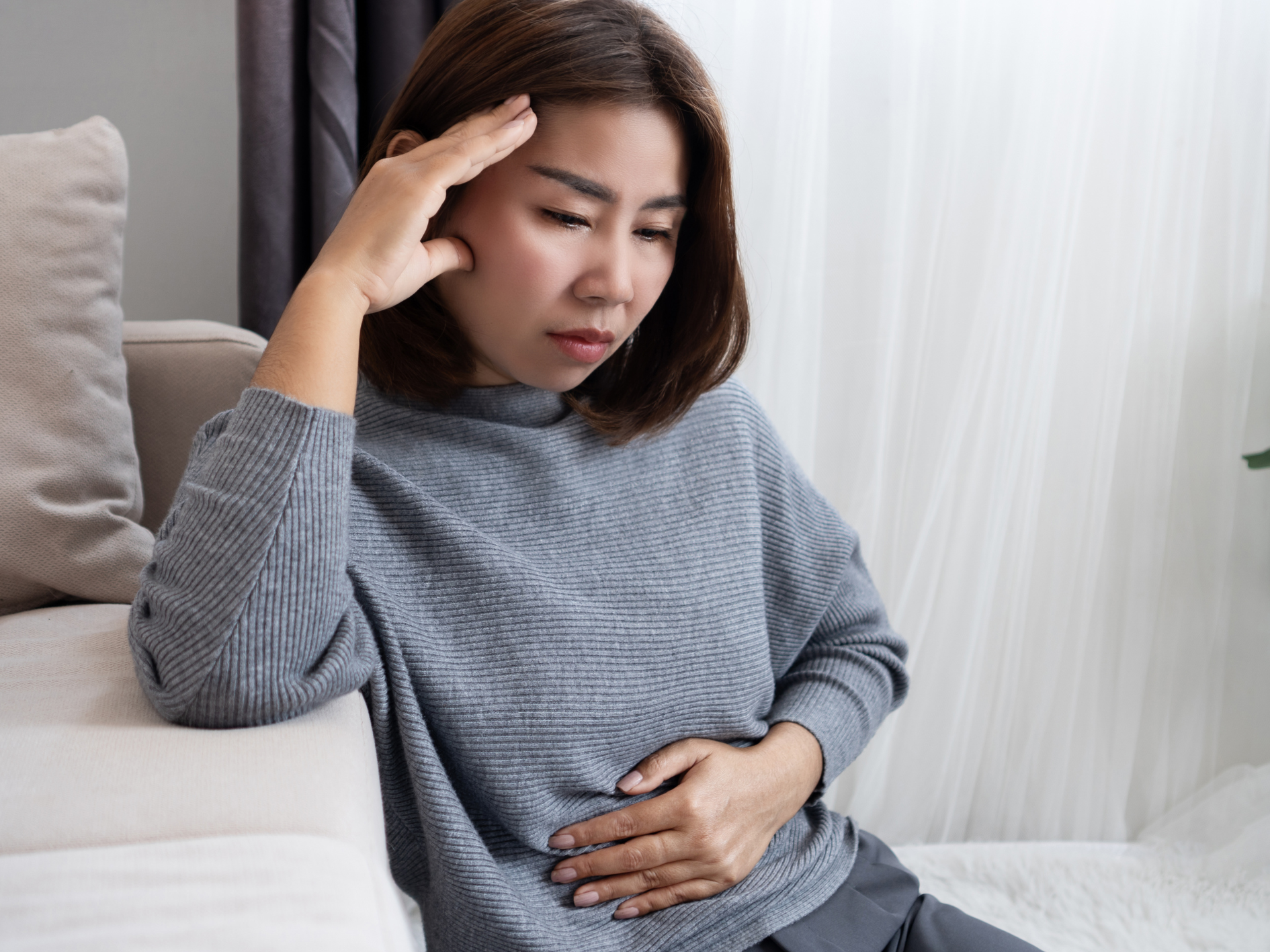
What Is IBS?
Irritable Bowel Syndrome (IBS) is a common disorder of the gut-brain interaction. It involves disrupted communication between the brain and the gut, often combined with increased gut sensitivity and abnormal bowel movements 2 3 Symptoms such as abdominal pain, bloating, and changes in bowel habits may be triggered or worsened by factors like stress, certain foods, or imbalances in gut bacteria. While these symptoms can be distressing and disruptive, it’s important to understand that IBS does not cause permanent damage to the digestive tract 4 5
The exact cause of IBS remains unclear, but contributing factors may include altered gut motility, food sensitivities, and disturbances in gut-brain signalling. A major dietary factor? FODMAPs; short-chain carbohydrates that are poorly absorbed in the gut and can trigger symptoms in sensitive individuals 6
Global IBS Stats
You are far from alone, IBS is much more common than most people realise, affecting millions of individuals worldwide. At FODMAP Friendly, we’re committed to making trusted information, practical tools, and professional support more accessible for those living with IBS.
An estimated 10–15% of the global population is affected by IBS 7
In comparison, coeliac disease affects around 1% of people worldwide 8
IBS is the most commonly diagnosed gastrointestinal disorder globally 1
Despite its prevalence, around 70% of individuals experiencing IBS symptoms do not seek medical advice 9


Bloating & Abdominal Distension
Often triggered by the fermentation of FODMAPs, leading to water and gas buildup 6
Cramping or abdominal pain
Discomfort is often relieved after a bowel movement 2
Excess Gas:
A frequent and often uncomfortable result of fermentation in the gut 6
Symptom Triggers
Identifying your personal triggers is key to managing symptoms effectively. While high FODMAP foods are among the most common dietary triggers, other factors can also play a role:
Hormonal Fluctuations:
Many individuals report changes in IBS symptoms related to their menstrual cycles. This is likely due to fluctuations in estrogen and progesterone levels, which can affect gut motility, pain sensitivity, and overall symptom severity 10.
Sleep Disruption:
Poor-quality sleep can disrupt the body’s natural hormonal balance, including melatonin and cortisol levels, that are closely linked to digestive function and inflammation. Disrupted sleep may exacerbate IBS symptoms by impacting the gut-brain axis and increasing stress responses 11
Gut Irritants:
Certain foods and drinks are known to irritate the gut, even non-FODMAP foods, and may trigger or worsen IBS symptoms in some individuals. Common gut irritants include alcohol, caffeine, high-fat foods, spicy foods, and carbonated beverages. These substances can increase gut sensitivity, alter digestion speed, and contribute to symptoms 12
IBS Treatments
Managing IBS often requires a personalised approach. For many, the low FODMAP diet is a clinically proven strategy to identify and reduce food related triggers 6 13
Getting an Accurate Diagnosis
Before beginning any treatment, it is essential to receive a proper diagnosis from a healthcare professional. IBS symptoms can be similar to those of other gastrointestinal conditions, such as coeliac disease or inflammatory bowel disease (IBD), which must be ruled out 5
Many people face delays and frustration during their diagnostic journey. If you feel your symptoms have been dismissed or minimised, please know that your experience is valid, and support is available.
Many people face delays and frustration during their diagnostic journey. If you feel your symptoms have been dismissed or minimised, please know that your experience is valid, and support is available.

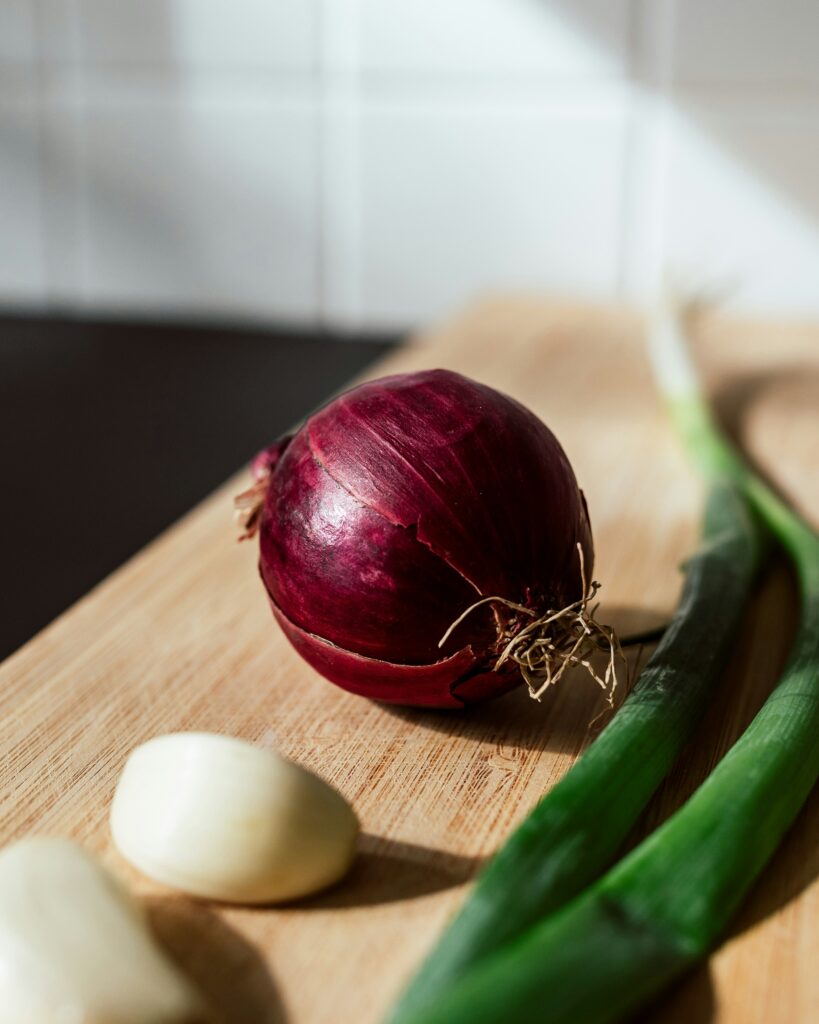
Why Diet Matters in IBS Management
For many people with IBS, food is one of the main triggers of symptoms. Figuring out what to eat can feel overwhelming, but that’s where the low FODMAP diet comes in. This practical, evidence-based approach helps reduce discomfort by identifying specific food trigger 6 14 15
With the guidance of a dietitian, the diet involves temporarily removing certain fermentable carbohydrates, then gradually reintroducing them to identify which foods trigger your symptoms. This step-by-step process helps create a personalised plan that supports your gut health.
When shopping, look for the FODMAP Friendly logo, this means the product has been tested and certified to be low in FODMAPs, and is suitable across all three phases of the low FODMAP diet, helping you eat with confidence 16
It’s Not Just What You Eat
While food plays a key role in managing IBS, lifestyle changes can also make a big difference. For some people, they may be even more effective than dietary adjustments; for others, these strategies can enhance symptom management:

Physical Activity
Regular gentle movement like walking and yoga can support digestion, reduce stress, and improve overall emotional wellbeing, making it a valuable part of IBS management 18

Medication
Certain over-the-counter or prescription medications, such as antispasmodics, laxatives, or antidiarrhoeals, can help manage specific IBS symptoms 5

Other Dietary Strategies
In addition to the low FODMAP diet, adjusting fibre intake or reducing other common gut irritants may help some individuals better manage their symptoms 19 reduce symptoms.
Try These Low FODMAP Recipes
Latest from the blog
Your Frequently asked Questions
Clear Definitions for Confident Choices
References
- Chey WD, Kurlander J, Eswaran S. Irritable bowel syndrome: a clinical review. JAMA. 2015;313(9):949–58. doi:10.1001/jama.2015.0954↩↩↩↩
- Ford AC, Lacy BE, Talley NJ. Irritable bowel syndrome. N Engl J Med. 2017;376(26):2566–78. doi:10.1056/NEJMra1607547↩↩↩
- Mayer EA. The neurobiology of stress and gastrointestinal disease. Gut. 2000;47(6):861–9. doi:10.1136/gut.47.6.861↩↩↩
- Black CJ, Ford AC. Global burden of irritable bowel syndrome: trends, predictions and risk factors. Nat Rev Gastroenterol Hepatol. 2020;17(8):473–86. doi:10.1038/s41575-020-0285-8↩↩↩↩
- Lacy BE, Pimentel M, Brenner DM, et al. ACG clinical guideline: management of irritable bowel syndrome. Am J Gastroenterol. 2021;116(1):17–44. doi:10.14309/ajg.0000000000001036↩↩↩↩
- Halmos EP, Power VA, Shepherd SJ, Gibson PR, Muir JG. A diet low in FODMAPs reduces symptoms of irritable bowel syndrome. Gastroenterology. 2014;146(1):67–75.e5. doi:10.1053/j.gastro.2013.09.046↩↩↩↩↩↩↩
- Canavan C, West J, Card T. The epidemiology of irritable bowel syndrome. Clin Epidemiol. 2014;6:71–80. doi:10.2147/CLEP.S40245↩
- Lebwohl B, Sanders DS, Green PHR. Coeliac disease. Lancet. 2018;391(10115):70–81. doi:10.1016/S0140-6736(17)31796-8↩
- Palsson OS, Whitehead WE, van Tilburg MA, et al. Development and validation of the Rome IV diagnostic questionnaire for adults. Gastroenterology. 2016;150(6):1481–91. doi:10.1053/j.gastro.2016.02.014↩
- Heitkemper M, Chang L. Do fluctuations in ovarian hormones affect gastrointestinal symptoms in women with irritable bowel syndrome? Gend Med. 2009;6(Suppl 2):152–67. doi:10.1016/j.genm.2009.03.006↩
- Jarrett ME, Burr RL, Cain KC, Hertig V, Weisman P, Heitkemper MM. Sleep disturbances in women with irritable bowel syndrome. J Womens Health. 2000;9(9):927–30. doi:10.1089/152460900750020887↩
- Monsbakken KW, Vandvik PO, Farup PG. Perceived food intolerance in subjects with irritable bowel syndrome – etiology, prevalence and consequences. Eur J Clin Nutr. 2006;60(5):667–72. doi:10.1038/sj.ejcn.1602352↩
- Staudacher HM, Whelan K. The low FODMAP diet: recent advances in understanding its mechanisms and efficacy in IBS. Gut. 2017;66(8):1517–27. doi:10.1136/gutjnl-2017-313750↩
- ref:6↩↩↩
- Monash University. The low FODMAP diet [Internet]. Melbourne: Monash University; c2023 [cited 2025 Aug 25]. Available from: https://www.monashfodmap.com↩
- ref:2↩↩
- Miller V, Whorwell PJ. Hypnotherapy for functional gastrointestinal disorders: a review. Int J Clin Exp Hypn. 2009;57(3):279–92. doi:10.1080/00207140902881298↩
- Johannesson E, Ringström G, Abrahamsson H, Sadik R. Intervention to increase physical activity in IBS patients: a randomized controlled trial. Am J Gastroenterol. 2011;106(5):915–22. doi:10.1038/ajg.2010.480↩
- ref:4↩


